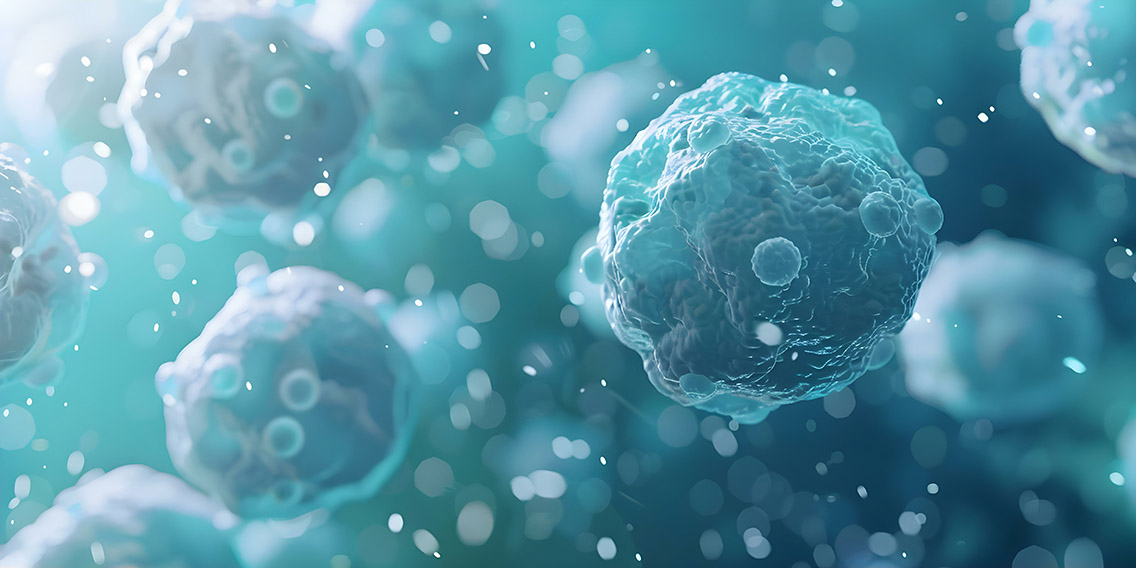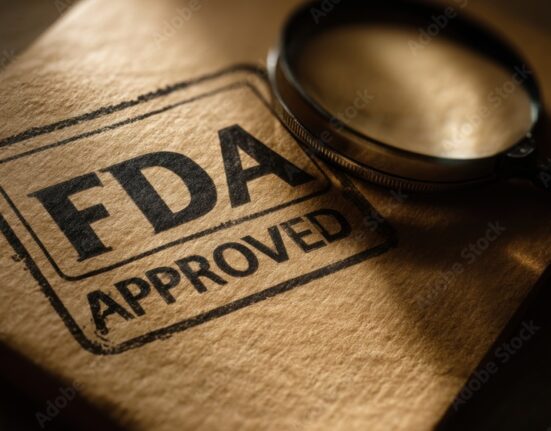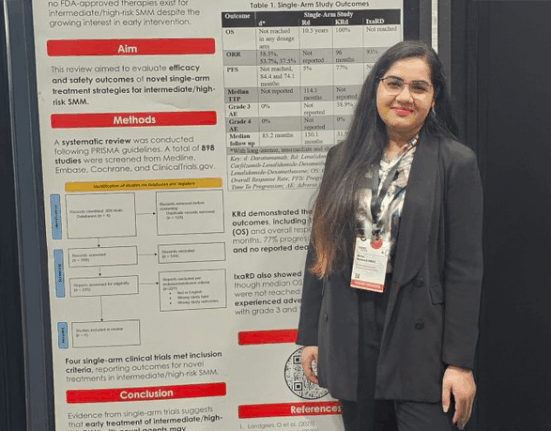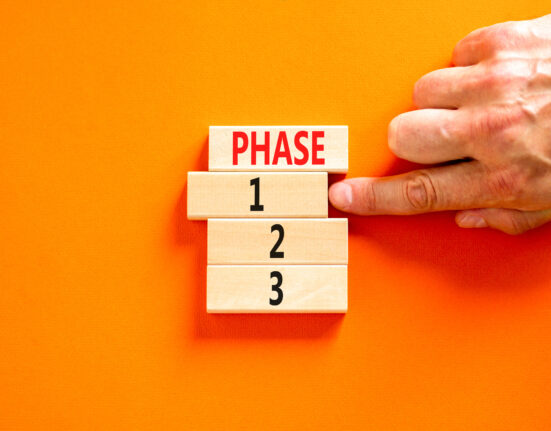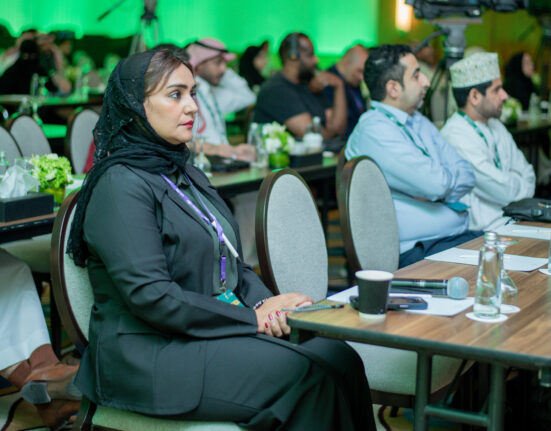A phase 1 study found that “naturally selected” CD7 chimeric antigen receptor T-cell (NS7CAR-T) therapy was well-tolerated and induced complete responses (CRs) in patients with CD7-positive acute myeloid leukemia (AML).
The study was led by Peihua Lu, of Hebei Yanda Lu Daopei Hospital in China, and published in Blood.
The study assessed the safety and efficacy of nanobody-based variable heavy-chain domain (dVHH) NS7CAR-Ts in a cohort of 10 patients with refractory or relapsed AML who received NS7CAR-Ts at dose levels of 5×105/kg and 1×106/kg.
Patients received a median of eight (range, 3-17) prior lines of therapy, and seven had previously undergone transplantation.
After treatment, seven patients (70%) achieved CR; three of these patients had relapsed after prior transplant and underwent a second allogeneic hematopoietic cell transplant (alloHCT). Median observation time was 178 days (range, 28-776).
One patient was leukemia-free at day 401, while the other two died on days 241 and 776, respectively, from nonrelapse-related causes. Three patients who achieved CR without consolidative therapy (allogeneic HCT) relapsed within 90 days. All nonresponders and relapsed patients experienced loss of CD7.
Among treated patients, 80% experienced mild cytokine release syndrome, and no neurotoxicity was reported.
The study is limited by its small patient population.
“This trial underscores the potential promising treatment of dVHH NS7CAR-Ts in providing clinical benefits with a manageable safety profile to patients with CD7-[positive] AML, warranting further investigation,” the authors concluded.
Reference
Lu P, Zhang X, Yang J, et al. Nanobody-based naturally selected CD7-targeted CAR-T therapy for acute myeloid leukemia. Blood. 2025;145(10):1022-1033. doi:10.1182/blood.2024024861

